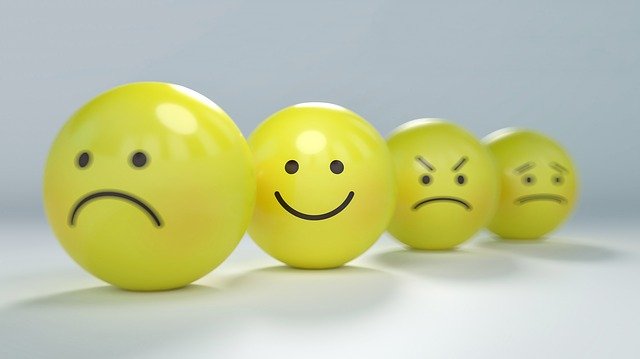
The concept of growth mindset (Dweck, 2000) can be used to describe how children need to feel about themselves and their abilities in order to be an effective learner. For children to be successful learners, they need to believe that intelligence can grow and develop. Children with a growth mindset embrace challenges, persist in the face of setbacks (mistakes), and understand that they have to listen to feedback and put effort in to achieve their goals.
Feedback has a key role in developing mindsets in the classroom. Ensure that you provide children with feedback that focuses on the process of learning, rather than saying ‘Clever boy!’ or ‘Fantastic!’, which reinforces a fixed mindset. Encourage children to develop as learners by reinforcing that it is an incremental process, rather than praising the final outcome. Use praise that is specific, such as ‘Well done, you have chosen very powerful adjectives to make the reader feel…’, or ‘Super effort, you have selected the most efficient strategy to solve the problem’. Specific praise enables children to identify where they have been successful.
A useful activity is to reflect on the feedback that you normally give children and think about alternative things to say. This will help you to change the language you use. You can encourage children to develop further as learners by setting them a challenge. The word ‘challenge’ is extremely powerful. For example, ‘I challenge you to…’ encourages children to want to be better than before and improve as learners. Once this becomes embedded in your classroom culture, you’ll find that children will be setting each other effective challenges.
The key to nurturing a growth mindset as a teacher is to act as a role model; ensure that you share a learning journey that you have been on. For instance, if you found it difficult to learn something in the past, share this with the children and explain how you overcame your barriers to learning. Your honesty will encourage the children to speak openly about their own learning and encourages a learning culture in the classroom.
Mistakes are a fundamental part of the learning process. However, children who perceive themselves as ‘clever’ are often reluctant to make mistakes and challenge themselves in their learning. As a teacher, it is important that you both model your own mistakes in learning and that you utilise children’s mistakes or misconceptions in your teaching. By sharing anonymous examples of children’s work that demonstrate errors or misconceptions, you allow children to reflect on the role that mistakes have in the learning process, and to realise that making mistakes is an important part of learning. It enables children to identify where they have gone wrong and to learn from it.
It takes time to embed the culture of mindsets in the classroom and to change children’s dispositions to learning. However, the development of every child as a learner and the impact it has is extremely powerful. Try the following activities in your classroom.
How to develop a growth mindset
1. Bounce
When you make a mistake in your learning, try to BOUNCE back. Imagine you are a giant ball and remember that making mistakes helps you to move forward.
Ask yourself:
- How can this mistake help me to learn?
- What have I learnt from it?
- What can I do next?
2. Brain hugs
Be kind to yourself when things go wrong in your learning.
Try to think about a time when you were trying to learn something in the past.
- How did you feel when you were successful in your learning?
- What helped you to learn?
- What can you do this time?
3. Learning journey
Remember you are on your own learning journey and you should not compare yourself to others. It is not a race!
Instead, think about what you are proud of. Say to yourself…
- I was proud when I learnt to…
- I worked hard and made lots of mistakes, and I learnt to…
4. Friendly feedback
If you want to improve as a learner, make sure you listen to feedback from people, including your teachers, friends and family. They are all trying to help you.
Think about …
- How can I improve as a learner?
- What should I do next?
References
Dweck, C. S. (2000) Self-theories: Their role in motivation, personality, and development. Psychology Press.
